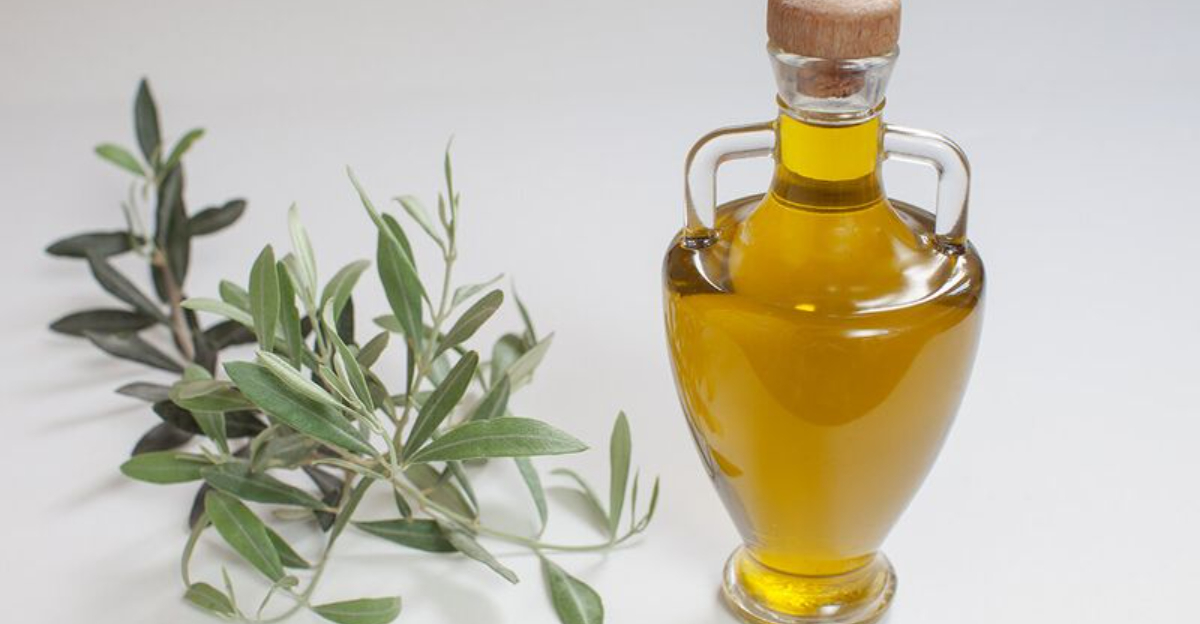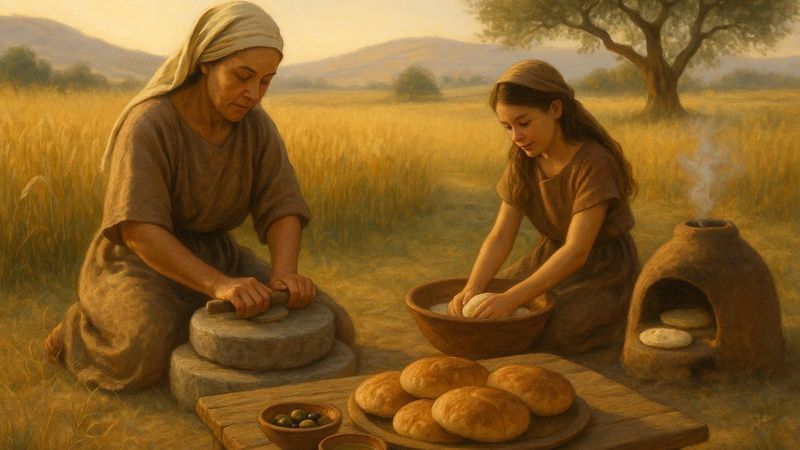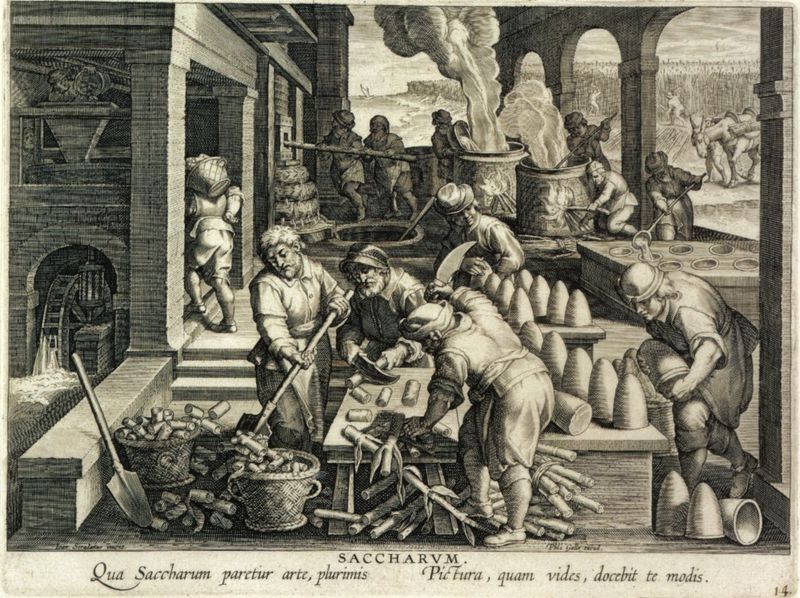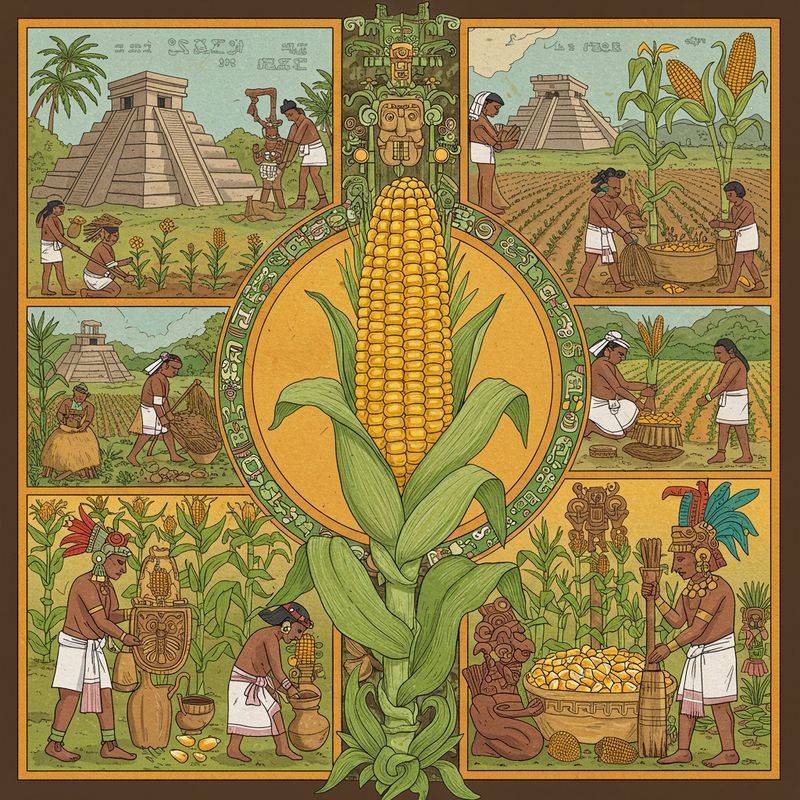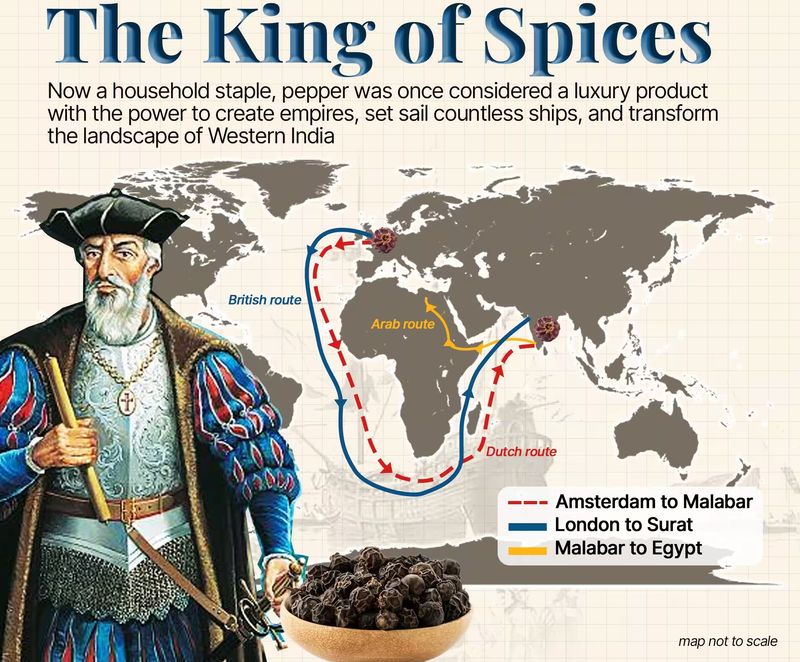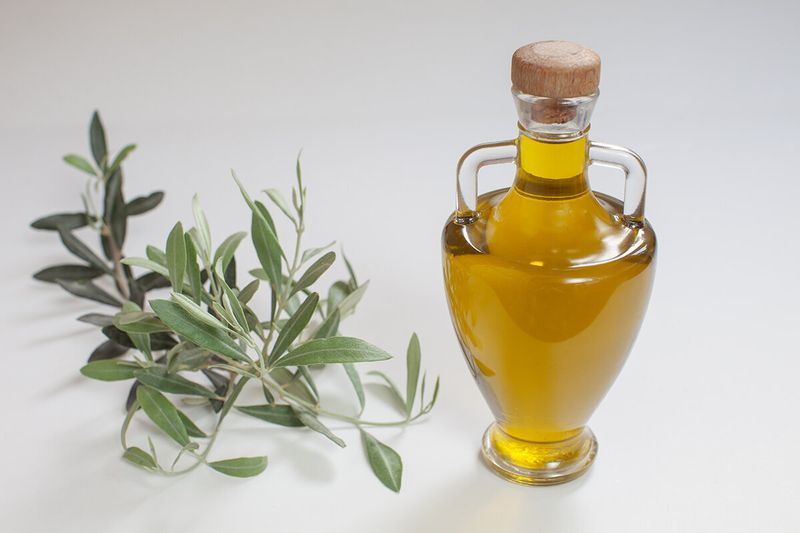Throughout history, certain foodstuffs have played pivotal roles in shaping civilizations, economies, and cultures. From the humble beginnings of agriculture to global trade empires, these foods have not only nourished populations but also influenced the course of human events. This blog post explores ten of the most historically significant foodstuffs that have left an indelible mark on our world.
1. Bread (10,000+ BCE)
Bread, born over 10,000 years ago, changed everything. It wasn’t just food; it was civilization’s cornerstone. With bread, humans could settle, farm, and build urban landscapes.
The domestication of wheat allowed populations to grow and thrive. What started as a simple flatbread became the catalyst for societal development.
Early communities flourished, sharing knowledge and culture. Bread’s importance spans millennia, from ancient Egypt to modern-day kitchens. It’s more than sustenance; it’s history baked into every loaf.
2. Salt (Ancient Times)
Salt, often taken for granted today, was once worth its weight in gold. Essential for preserving food, it was a lifeline in ancient times. Romans valued it so highly they paid soldiers in salt, hence “salary.”
Trade routes flourished around this mineral, enabling empires to expand and economies to grow. Salt was more than seasoning; it was survival.
Through salt, connections were forged across continents, weaving a global tapestry of trade. Its legacy continues, flavoring our history and meals with a pinch of significance.
3. Rice (8,000+ BCE, China & Asia)
Rice, the staple of billions, is more than a grain—it’s a way of life. Emerging over 8,000 years ago, rice cultivation transformed Asian societies. Ingenious irrigation systems supported dense populations and complex empires.
Rice was the foundation of great civilizations, sustaining dynasties and feeding armies. Its influence spread beyond Asia, a testament to its adaptability and importance.
Across cultures, rice is a symbol of prosperity and abundance. Its humble grains have shaped human history, nourishing both body and soul through the ages.
4. Sugar (800 CE, India → Global)
Sweet and contentious, sugar’s history is laced with complexity. Originating in India around 800 CE, it swiftly became a global obsession. Dubbed “white gold,” it drove colonization and the brutal transatlantic slave trade.
European demand reshaped the Americas, with sugar plantations fueling economies and exploitation.
Despite its dark past, sugar revolutionized culinary arts, making it a staple in countless recipes worldwide. Its bittersweet legacy continues to influence global trade and our palates.
5. Maize/Corn (7,000 BCE, Mesoamerica)
Corn, or maize, sustained mighty civilizations like the Maya and Aztec. From its roots in Mesoamerica around 7,000 BCE, it spread globally. A versatile crop, it became a staple, feeding populations and livestock alike.
Corn’s journey from sacred grain to global commodity is remarkable. Its adaptability led to widespread cultivation, impacting diets worldwide.
The story of corn is one of resilience and innovation, bridging ancient cultures and modern agriculture. It’s more than a crop; it’s a symbol of growth and sustenance.
6. Potatoes (8,000 BCE, Andes → Europe)
Potatoes, once humble tubers of the Andes, transformed Europe. Arriving post-Columbus, they revolutionized agriculture and diets. Potatoes thrived in diverse climates, becoming a staple for millions.
Their impact wasn’t always positive. The Irish Potato Famine (1845–52) highlighted their importance—and vulnerability. When blight struck, famine followed.
Yet, potatoes remain vital, symbolizing resilience and adaptability. From the Incas to modern kitchens, they’ve shaped culinary landscapes, bringing comfort and sustenance to tables worldwide.
7. Coffee (9th Century, Ethiopia → Ottoman Empire)
Coffee, the beloved brew, began its journey in Ethiopia in the 9th century. Its stimulating qualities captivated cultures, spreading to the Ottoman Empire and beyond. Coffeehouses emerged as intellectual hubs.
Fueling the Enlightenment, they became places of debate and discovery. With each sip, revolutions and ideas brewed, changing the world.
More than a beverage, coffee is a cultural phenomenon, connecting people across time and space. Its rich aroma continues to inspire, energizing mornings and conversations alike.
8. Tea (3rd Century BCE, China → Britain)
Tea, a leaf that changed empires, began in China over 2,000 years ago. Revered for its soothing qualities, it became a symbol of harmony and tradition. As it traveled to Britain, tea sparked imperial ambitions.
The British thirst for tea led to the Opium Wars and colonial expansion. The Boston Tea Party (1773) marked a revolutionary act, steeped in defiance.
Even today, tea is a ritual and a comfort, bridging cultures and histories. Its legacy is as rich and varied as the brews it creates.
9. Pepper (Ancient India → Rome & Beyond)
Pepper, the spice that launched a thousand ships, once commanded astronomical prices. Originating in India, it became a coveted commodity in ancient Rome. The search for pepper spurred the Age of Exploration.
Adventurers sought new routes, leading to discoveries and conquests. Pepper was more than a spice; it was a catalyst for change.
Today, it remains a kitchen staple, a testament to its enduring appeal. Its story of allure and ambition is interwoven with the history of exploration and trade.
10. Olive Oil (6,000 BCE, Mediterranean)
Olive oil, liquid gold of the Mediterranean, has been a staple for over 6,000 years. Revered by ancient Greeks and Romans, it was crucial for cooking, lamps, and rituals. Its economic impact was profound, underpinning ancient economies.
Beyond its practical uses, olive oil symbolizes health and prosperity. Its rich history is interwoven with the Mediterranean diet, celebrated for its benefits.
From antiquity to modernity, olive oil remains a culinary treasure, enriching dishes and lives. Its legacy endures, a testament to timeless tradition and taste.
